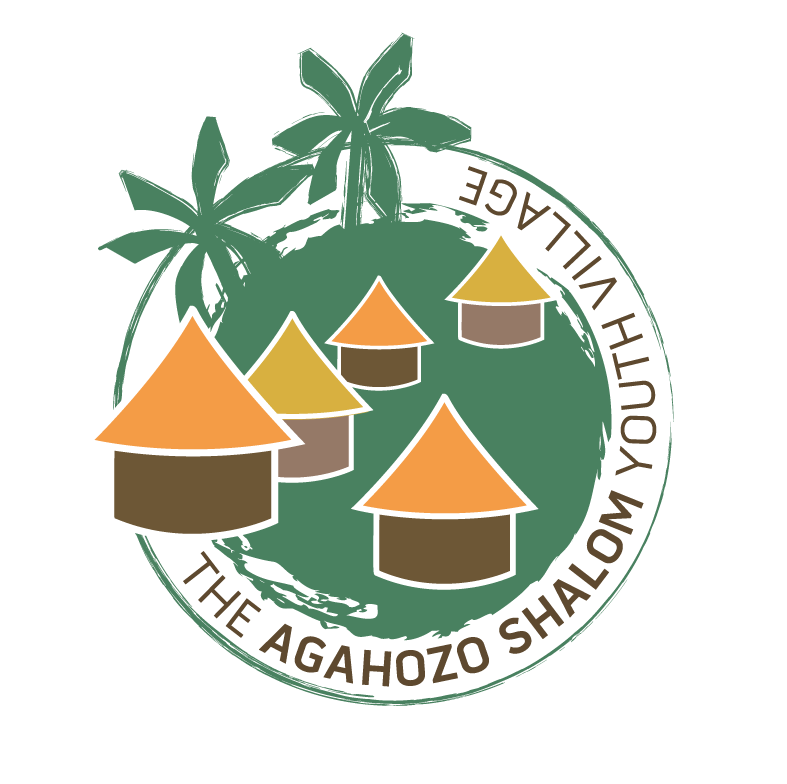EE-I-EE-I-O ON THE FARM AT ASYV
As students hurry to school and staff members head off to meetings, everyone is sure to stumble across thriving mango or avocado trees. 37 of Agahozo-Shalom’s 144 acres is used for farming - that's nearly 26%! Created a year after the Village began, the farm now boasts an impressive array of produce including oranges, plantains, bananas, beans, cabbage, beets, string beans, and eggplants. Gervais, the Farm Manager is also in the process of starting an initiative to grow mushrooms. The vast majority of these crops go directly to the kitchen in the Village to support the high demand of produce needed to feed 500+ growing teenagers. Additionally, there are eleven cows that call ASYV their home, supplying the Village with at least 65 liters of milk per day.
ASYV was also able to welcome 1,650 new chicks to the farm at the beginning of this year. They are all healthy and just turned four months old, with only a couple more months to go until they are ready to start laying eggs (they'll lay an estimated 1300 eggs each and every day!). The ASYV farm limits the need for importation, thereby reducing our carbon footprint, increasing our capacity to be self-reliant, and providing our students with meals made from local, nutritious produce. By subtracting the need to import food from other regions, ASYV can afford to employ eighteen farmers, thereby stimulating the local economy as well.
Beyond producing agriculture, the farm generates an insightful learning opportunity for our students. Twice a week, Gervais teaches an Agricultural Professional Skills class to Senior 5 and Senior 6 (11th and 12th grade) students. During these classes, students learn about crop and animal production, new farming techniques and mechanization, green houses, and how to build irrigation systems. Just recently, the students were taught about soil science, and scattered around the farm grounds to gather samples of the different types of soil they had been studying.
A new addition to the farm education includes nineteen rabbits for our students to be able to learn how to care for young animals and gain responsibility. With agriculture comprising a third of Rwanda’s economy, the farm offers a vital educational opportunity that many of our kids then use to help their own family and neighbors when they return home.
Submitted by Shelby Sullivan, 2015 Village Fellow

